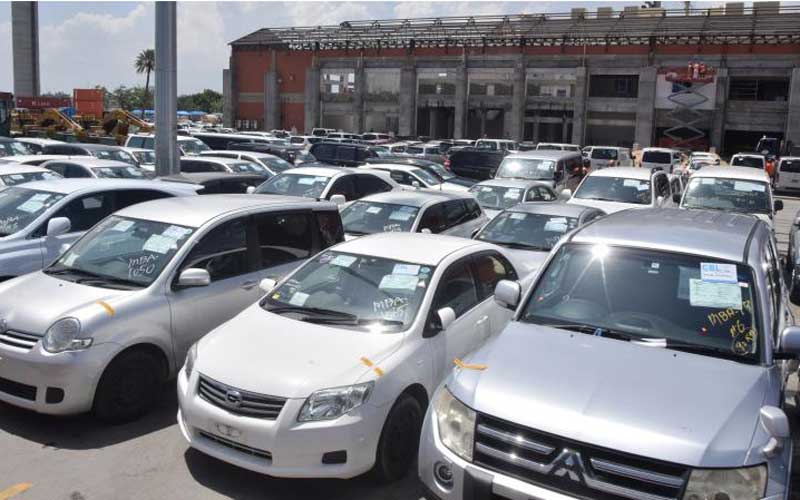×
The Standard e-Paper
Fearless, Trusted News

Motor vehicles stay packed ready to be driven to bonded warehouses in preparation for sale soon after landing at the Port of Mombasa from China. [Gideon Maundu, Standard]
Car traders in Mombasa have been hit hard by the coronavirus pandemic which has led to fewer cars being sold since March this year.